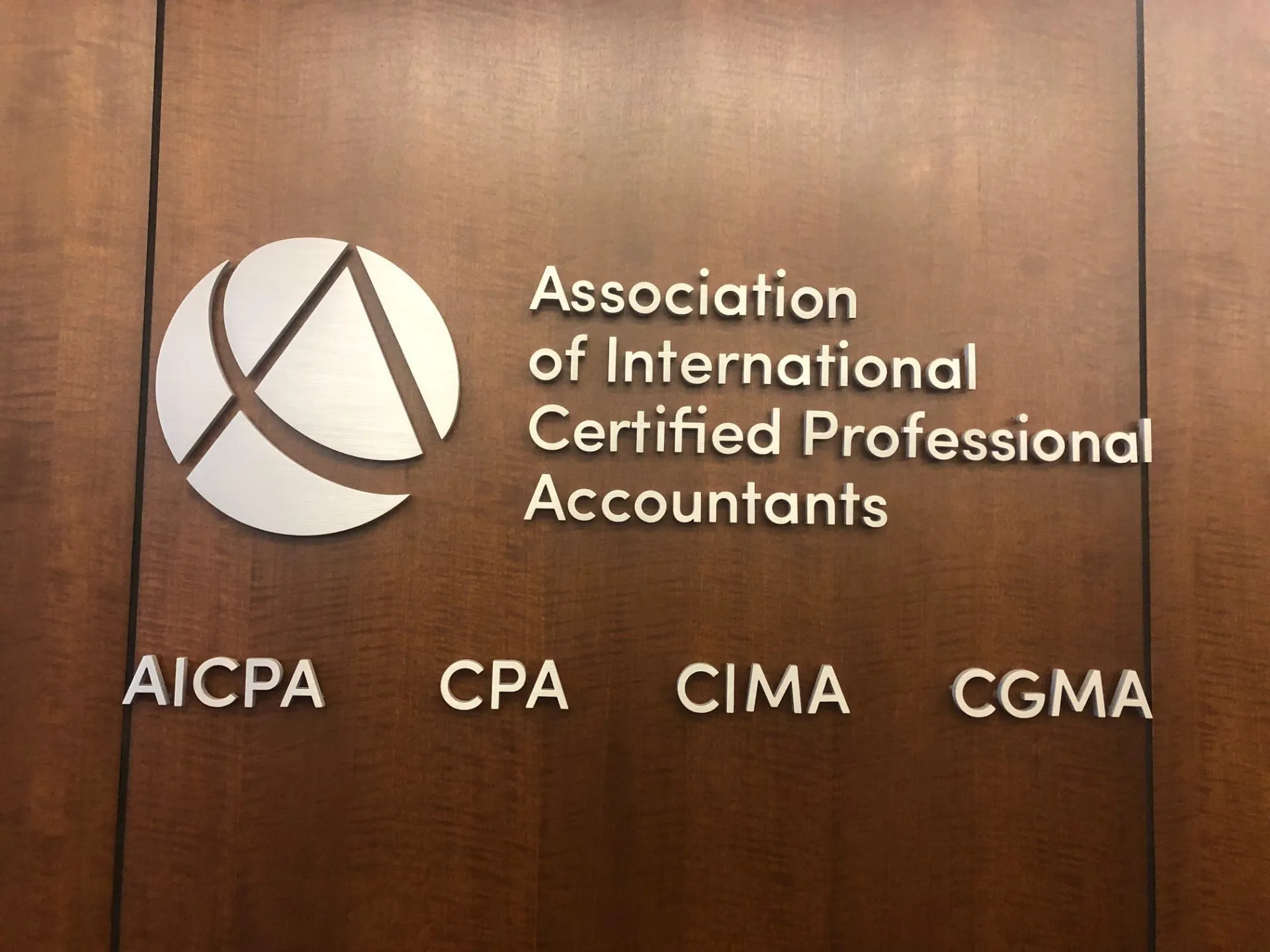
AICPA Submits Recommendations to Senate Finance Committee on Reconciliation Bill
How did your country report this? Share your view in the comments.
Diverging Reports Breakdown
AICPA Submits Recommendations to Senate Finance Committee on Reconciliation Bill
The American Institute of CPAs (AICPA) has expressed concerns with proposals pertaining to the pass-through entity tax (PTET) state and local tax (SALT) deductions in reconciliation bills. The AICPA expressed concern over the excess business loss (EBL) rule in the Senate Finance Committee’s reconciliation bill. It also recommended restoration of the casualty loss deduction to all taxpayers, rather than limiting it to taxpayers that have suffered casualty losses from federally or state declared disasters.
In a recent press release, the AICPA outlined several provisions in the Senate bill it has previously endorsed, as well as analysis of several other provisions, including the PTET SALT deduction. This week, the AICPA submitted a letter to Senate Finance Committee leadership which included its endorsements, its concerns regarding the PTET SALT deduction, its request for clarification of the SALT proposal and two other recommendations.
The additional recommendations include:
The AICPA expressed concern over the excess business loss (EBL) rule in the Senate Finance Committee’s reconciliation bill, which would effectively provide for a permanent disallowance of any business losses in certain circumstances. Even though the bill included a provision to allow carryforwards of EBLs from an estate or trust to beneficiaries thereof, the underlying problem remains in that the beneficiaries may not have business income to use the losses and, therefore, the unusable losses may carry forward indefinitely.
The AICPA also recommended restoration of the casualty loss deduction to all taxpayers, rather than limiting it to taxpayers that have suffered casualty losses from federally or state declared disasters. The Senate version of the reconciliation bill would make the limitation permanent, which means that a taxpayer whose residence is burned down in a federally declared wildfire may claim a casualty loss, while a taxpayer whose residence is destroyed by a fallen tree in a local storm has no tax relief. Ultimately, this permanent limitation would ensure that similarly situated taxpayers are not treated similarly, and this should not be the case.
“The AICPA continues to express deep concern about the disparity in tax treatment that the Senate SALT proposal would create among pass-through entities and corporations, while also seeking clarity on the Senate’s proposal. However, we continue to advocate on behalf of the accounting profession on may other issues as well,” said AICPA Vice President of Tax Policy & Advocacy, Melanie Lauridsen. “These additional recommendations – while less impactful than the PTET SALT deduction – are consequential to the tax system and taxpayers. We ask the members of the Senate Finance Committee to thoughtfully consider our recommendations.”
